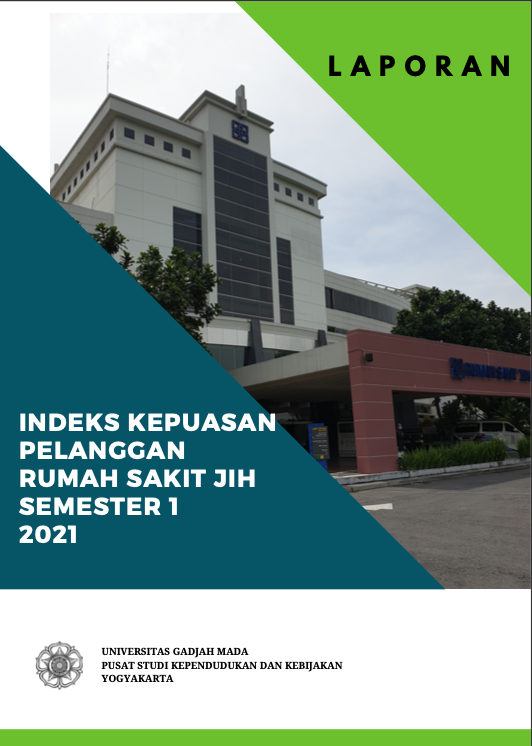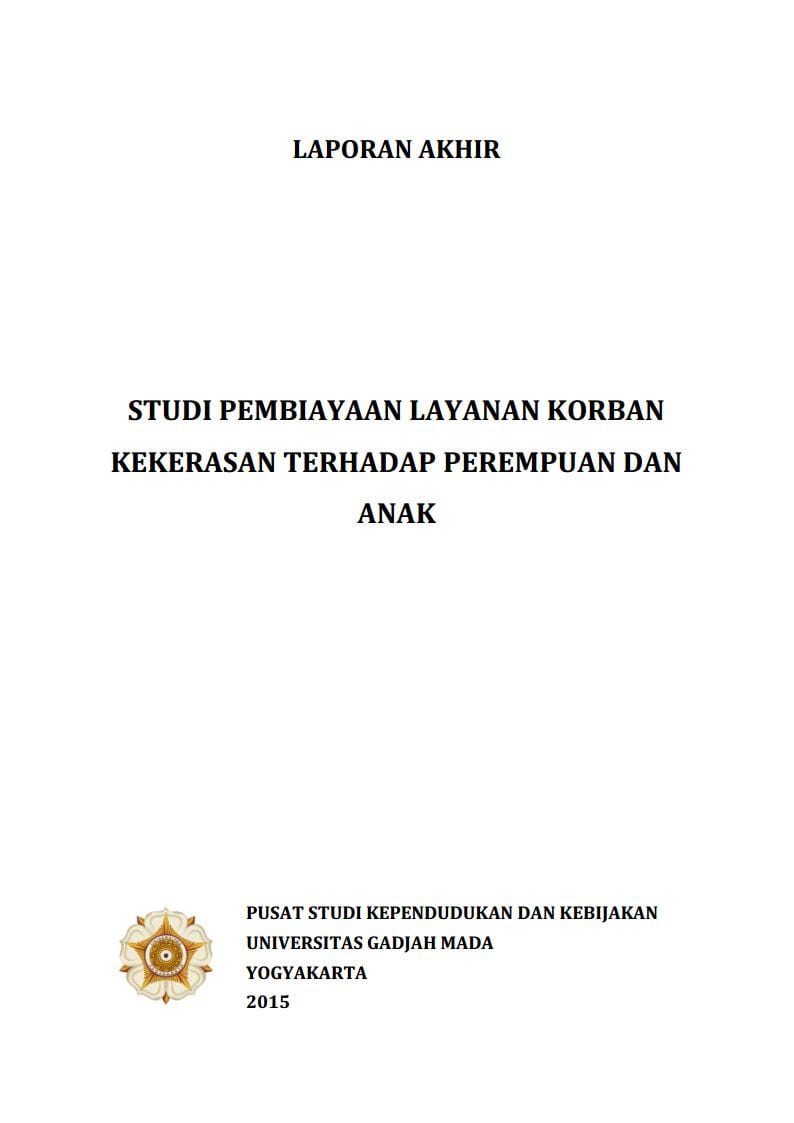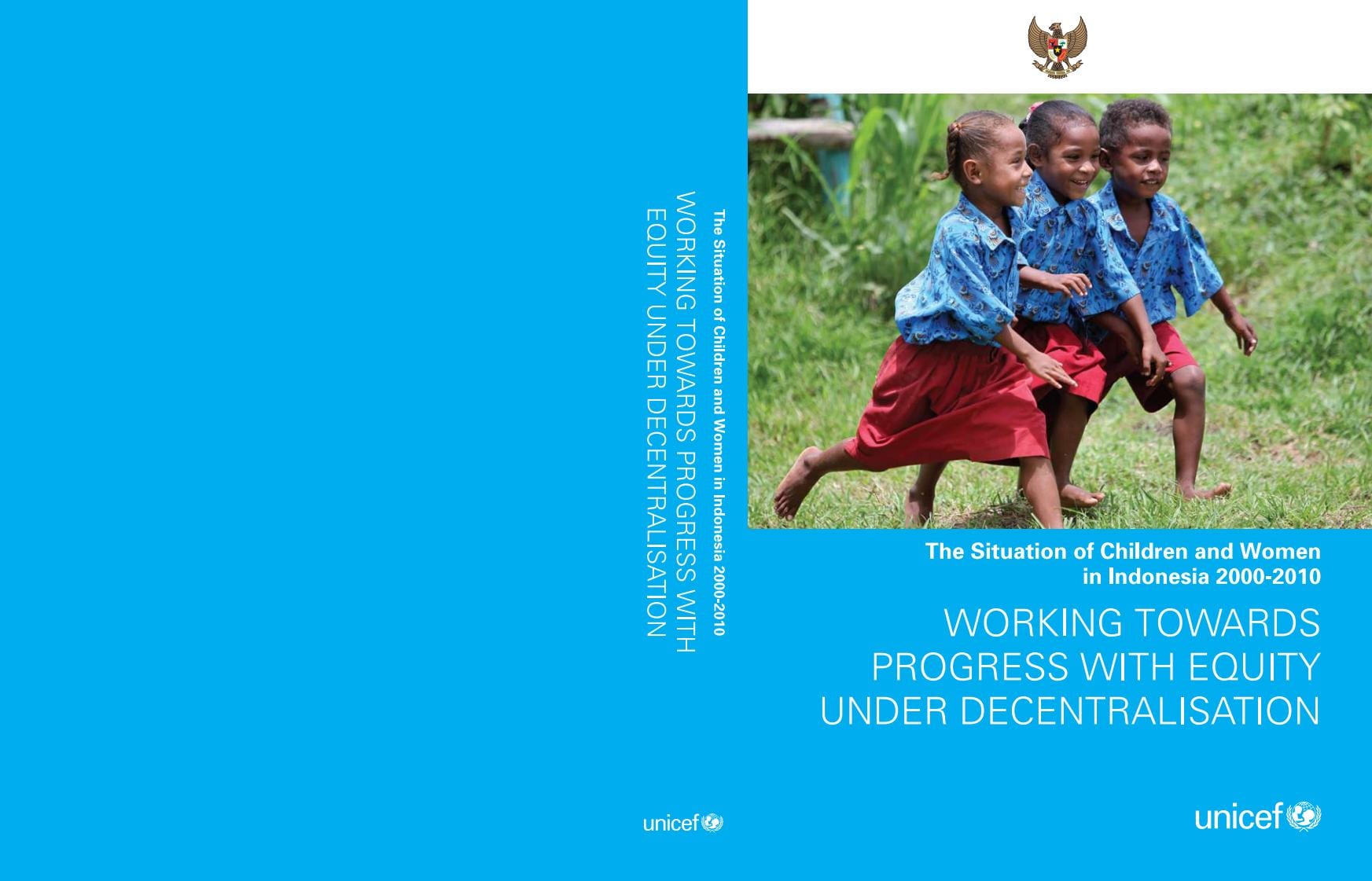Coronavirus Disease (COVID-19): Population and Policy Perspective
|CPPS' News

Yogyakarta – Center for Population and Policy Studies (CPPS) UGM held a Webinar (Web Seminar) titled “COVID-19 from the Population and Policy Perspective,” on Monday, April 20, 2020 at 10.00 to 12.00 a.m. WIB.
The transmission pattern of COVID-19 following the exponential rate forces the people to do a physical distancing, even many countries, including Indonesia, which then issued a full lockdown or partial lockdown policy to slow down or reduce the trend of pandemic transmission. One way to do this is to issue a Large-scale Social Restriction (Pembatasan Sosial Berskala Besar/PSBB) policy.
Dr. Elan Satriawan, a lecturer at Faculty of Economics and Business, Universitas Gadjah Mada and Head of TNP2K Policy Working Group, as the keynote speaker said that PSBB policy and decisions taken at the company or individual level to stay at home and limit activities outside the home will have an impact on the decline in economic activity and volume significantly.
This decline has the greatest impact on the poor and vulnerable groups, the majority of those who work in informal sectors with daily wage and/or without benefits. Most of the poor and vulnerable families also do not have assets and savings to support the loss or decrease in income.
“Those who are not poor are close to the poverty line. It means that if there is a crisis, it makes those who are not poor lose income, so they become poor. Without access to safety net programs, the poor and vulnerable groups will be hit from two sides, health and economy,” he said.
To overcome this problem, she called for the government to make improvements to the health system, ensure the effectiveness of safety net system (not only related to the welfare, but also the effectiveness of PSBB), and optimize the role of non-governmental actors.
The Dilemma on Homecoming during COVID-19
Another problem in the midst of the COVID-19 pandemic is the activities of migrants or migrant workers to return to their area of origin. Dr. Agus Joko Pitoyo, Head of CPPS UGM and lecturer at Faculty Geography, Universitas Gadjah Mada emphasized that homecoming during the COVID-19 pandemic bring about the chance to expand the spread of the COVID-19 outbreak in Indonesia.
Dr. Agus explained that based on the calculation of the Transition Index as of 12 April 2020, regions in Indonesia that have high population mobility tend to be vulnerable to COVID-19, such as Jakarta, Banten, and West Java, as reported by katadata.com.
Meanwhile, based on a survey of the Ministry of Transportation of the Republic of Indonesia, 44 percent of migrants residing in Jakarta already have returned and have the desire to return to their area of origin.
According to him, if there is a backflow of migrants from urban areas, such as Jakarta, Banten, and West Java, to their area of origin, then the regions with low population mobility will be threatened with a high number of COVID-19 cases.
“Migration during an outbreak is the main key in the spread of COVID-19, therefore, it is important to control the flow of homecoming, especially before the Eid al-Fitr,” he added.
Meanwhile, he also explained that the main reason for those who want to go home in the midst of the COVID-19 pandemic is that most of the nomads, dominated by informal workers, lost their income. This encourages them to return to their hometown in the hope that other work opportunities will still be available in the area of origin, and they hope to be able to share the burden with family. Another reason is to seek security with family during the outbreak.
The Increase in Domestic Violence Cases
Dr. Elli Nur Hayati, lecturer of Faculty of Psychology, Ahmad Dahlan University, highlighted the increase in domestic violence cases becomes another problem in the midst of the COVID-19 pandemic.
“The issue on domestic violence occurs at this time, especially in countries that issue lockdown. Since the lockdown was implemented, many women have filed for divorce. This is not a personal problem, but there is a contribution to the occurrence of violence, both at the individual level and at the relationship level,” she said.
In 2019, National Commission on Violence against Women (Komnas Perempuan) recorded at least 11,105 cases of domestic violence in Indonesia. Social restrictions that began to be imposed since the beginning of March 2020 are predicted to cause an increase in domestic violence cases.
Eddy Muhammad, Head of Yogyakarta Women Empowerment and Child Protection Agency (DPMPPA), explained that the domestic violence cases in the city of Yogyakarta increased in March 2020 since there were the issuance of restriction on social activity, as reported by tirto.id (4/20/2020).
According to Dr. Elli, this is predicted because when the physical distancing is done and they are forced to stay at home, women’s double burden will become stronger (domestic affairs), especially when many men lose their income which then causes conflict. Meanwhile, when the violence cases occur, many centers for violence victims are closed since they have to apply isolation factors.
“What can be done is to provide support to the victims (the hotline services should be performed), provide pressure so that the perpetrators conduct counseling, control stress in a positive way, and won’t hurt others,” she said. In addition, the government also needs to have guidance on how to integrate gender in critical situations in the midst of the current COVID-19 pandemic.
Dr. Ambar Widaningrum, lecturer of Faculty of Social and Political Sciences, Universitas Gadjah Mada, emphasized that the government should also optimize the dynamics of governance in handling COVID-19. According to her, the government needs to implement science and evidence-based policies, strengthen coordination, and synergize among factors, strengthen literacy related to virus outbreaks especially COVID-19, and apply policies to strengthen the availability and reliability of infrastructure for COVID-19 handling.




